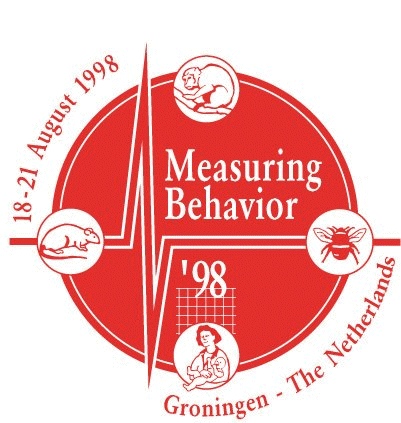HEART: an objective and consistent way to determine the relationship between physiological and performance measures
P.J. Hoogeboom
Man-Machine Integration / Human Factors Department, National Aerospace Laboratory NLR, Amsterdam, The Netherlands
The National Aerospace Laboratory’s HEART project aims at measuring workload quantitatively to uncover, identify and eliminate those instances in which the demands of required tasks would degrade human and hence system performance. Physiological measures are considered as appropriate for (in-flight) workload assessment applications because these allow an evaluation of dynamic workload variations over time.
Workload is strongly related to required and achieved performance, therefore during experiments many parameters need to be recorded. The possibility of inter-subject variability often requires that Human Factors (HF) experiments compensate for this fact by using a high number of experimental runs. Specific experimental designs are therefore used to be able to retrieve the required information like influence of certain procedures, or display features on the perceived workload levels/accessibility of information.
To facilitate the analysis process, the software program HEART (Human factors Evaluations, data Analysis and Reduction Techniques) has been developed. The program is especially aimed at bridging the analysis gap between actual data recordings and subsequent statistical analysis using commercial software packages like Statistica and SPSS. The HEART concept therefore supports many data input formats whilst standardizing both information coding and data output formats. In addition it allows easy inspection, correction (e.g. ECG artifact removal) and synchronization of data (e.g. physiological and performance data). The likelihood and impact of user selection and typing errors has been reduced through the structured way of working within HEART in combination with direct feedback of results.

Poster presented at Measuring Behavior '98, 2nd International Conference on Methods and Techniques in Behavioral Research, 18-21 August 1998, Groningen, The Netherlands